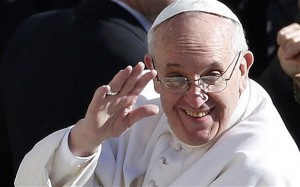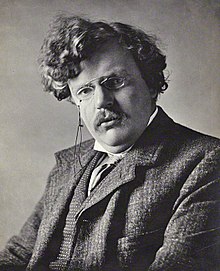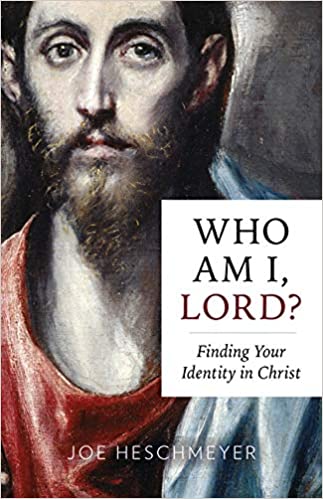The Weekly Francis is a compilation of the Holy Father’s writings, speeches, etc which I also cross-post at Jimmy Akin’s blog.
This version of The Weekly Francis covers material released in the last week from 17 November 2021 to 1 December 2021.
Angelus
Apostolic Letter
General Audiences
Messages
- 20 November 2021 – Message of His Holiness Pope Francis to mark the International Day of Persons with Disabilities [3 December 2021]
- 25 November 2021 – Video Message of the Holy Father for the 11th Festival of the Social Doctrine of the Church [Verona, 25–28 November 2021]
- 26 November 2021 – Message of the Holy Father, signed by the Cardinal Secretary of State, for the ‘Semaines Sociales de France’
- 27 November 2021 – Video message of the Holy Father on the occasion of his upcoming Apostolic Journey to Cyprus and Greece [2–6 December 2021]
- 29 November 2021 – Message of His Holiness Pope Francis to mark the 70th anniversary of the International Organization of Migration (IOM)
- 30 November 2021 – Message of Pope Francis to His Holiness Bartholomew I on the occasion of the Feast of Saint Andrew
Papal Tweets
- “Let us not to forget to thank God. If we are bearers of gratitude, the world itself will become better, even if only a little bit, but that is enough to transmit a bit of hope. Everything is united and connected, and each one can do their part wherever they are. #Thanksgiving” @Pontifex, 25 November 2021
- “The prayer of adoration is the prayer that makes us recognize God as the beginning and the end of all of History. And this prayer is the living flame of the Spirit that gives strength to witness and to mission.” @Pontifex, 26 November 2021
- “Let us be fearless amid the messy situations all around us, because that is where the Lord is, in our midst; God continues to perform his miracle of bringing forth good fruit (Jn 15:5). Christian joy is born precisely of this certainty.” @Pontifex, 27 November 2021
- “I thank all those who are committed to alleviating their suffering. Let us remember migrants, their suffering and #PrayTogether.” @Pontifex, 28 November 2021
- “I feel sorrow thinking about those who died crossing the English Channel, those on the borders of Belarus, many of whom are children, those who drown in the Mediterranean, those who are repatriated to North Africa and forced into servitude.” @Pontifex, 28 November 2021
- “Even during these days so many migrants are exposed to very serious dangers, and so many lose their lives at our borders!” @Pontifex, 28 November 2021
- “In the #GospelOfTheDay, Jesus exhorts us to be vigilant: not to allow our hearts to become lazy. We cannot be ”sleepy Christians“ without spiritual fervor, with our intensity in prayer, without passion for the Gospel.” @Pontifex, 28 November 2021
- “Our life becomes beautiful when we wait for a dear one or someone important. May this #Advent help us transform our hope into the certainty that He whom we await loves us and will never abandon us.” @Pontifex, 28 November 2021
- “Service makes our talents bear fruit and gives meaning to our lives. Those who do not live to serve, serve for little in this life.” @Pontifex, 29 November 2021
- “Let us #PrayTogether for catechists, called to announce the Word of God: that they may be courageous and creative witnesses through the power of the Holy Spirit. #PrayerIntention” @Pontifex, 30 November 2021
- “Today is World #AIDS day. Let us #PrayTogether for the many people who are affected by this syndrome. In some areas of the world, access to the necessary treatment is not available for many of them. Let us commit ourselves to guarantee fair and effective health care.” @Pontifex, 1 December 2021
- “It’s often difficult to move from the logic of falling in love to the logic of mature love. To love is not the pretension that life should correspond to our imagination. Rather, it means to choose in complete freedom to take responsibility for life as it comes.” @Pontifex, 1 December 2021
- “Tomorrow I will go to Cyprus and Greece to visit the dear populations of these countries rich in history, spirituality and civilization. It will be a journey to the sources of apostolic faith and fraternity among Christians of various confessions. Accompany me with your prayer!” @Pontifex, 1 December 2021
Papal Instagram







